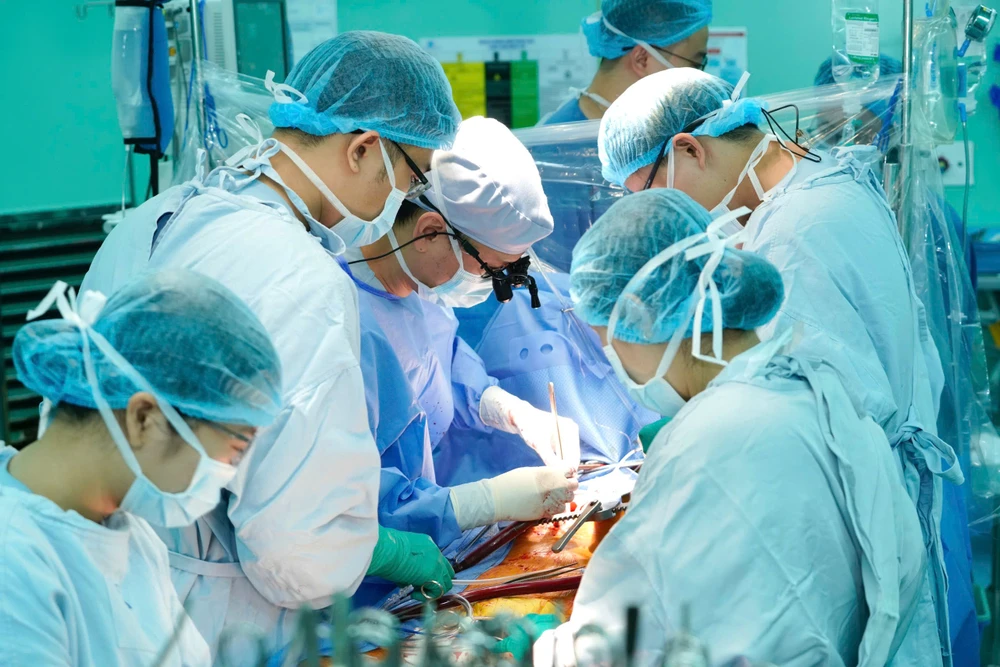
The patient underwent a comprehensive evaluation with laboratory and imaging studies. Doppler echocardiography revealed severe mitral regurgitation due to papillary muscle rupture, causing regurgitation of blood into the lungs, leading to pleural effusion and acute pulmonary edema. Blood tests revealed signs of severe heart failure, while brain MRI revealed multiple cerebral infarcts. Coronary angiography also identified severe coronary artery stenosis, causing myocardial ischemia. These factors placed the patient at high surgical risk, requiring a careful treatment plan.
After a multidisciplinary consultation, the doctors decided to use aggressive medical treatment before surgery to control heart failure, optimize kidney and respiratory function, and improve physical condition. This treatment step helps reduce the risk of complications during and after surgery, while improving recovery. When the patient's condition was stable, the cardiovascular surgery team performed a biological mitral valve replacement and coronary artery bypass grafting. The use of biological valves helps limit the risks associated with anticoagulants, especially suitable for the elderly. In addition, coronary artery bypass grafting helps improve blood flow to the heart muscle, reducing the risk of recurrent myocardial infarction.
According to Dr. Cao Dang Khang, Head of the Department of Cardiovascular Surgery, elderly patients often have many underlying diseases, so developing an appropriate treatment strategy, optimizing the condition before surgery and choosing the safest surgical option is extremely important. Thanks to the close coordination between specialties in internal medicine, surgery and anesthesia and resuscitation, the patient underwent a successful surgery.
After surgery, the patient recovered quickly. Just two days after surgery, the old man was able to sit up, walk lightly and live normally. The shortness of breath completely disappeared, and heart function improved significantly. The results of the post-operative echocardiogram showed that the mitral valve was functioning well, with no more valve leakage causing reflux. In particular, kidney and respiratory function also recovered stably, without common complications such as acute kidney failure, respiratory failure or pneumonia in elderly patients after heart surgery.
Source: https://www.sggp.org.vn/hoi-phuc-chuc-nang-tim-cho-benh-nhan-bi-nhoi-mau-co-tim-nang-post787872.html


![[Photo] Prime Minister Pham Minh Chinh chairs meeting to urge highway projects](https://vstatic.vietnam.vn/vietnam/resource/IMAGE/2025/3/29/6a3e175f69ea45f8bfc3c272cde3e27a)




![[Photo] Dong Ho Paintings - Old Styles Tell Modern Stories](https://vstatic.vietnam.vn/vietnam/resource/IMAGE/2025/3/29/317613ad8519462488572377727dda93)


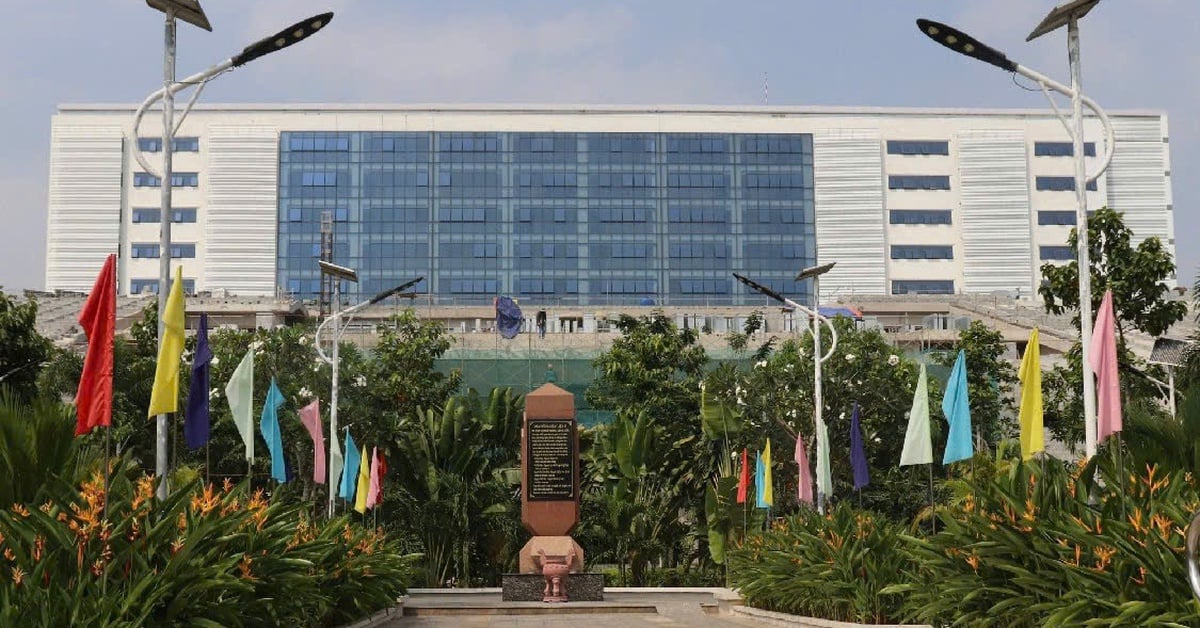


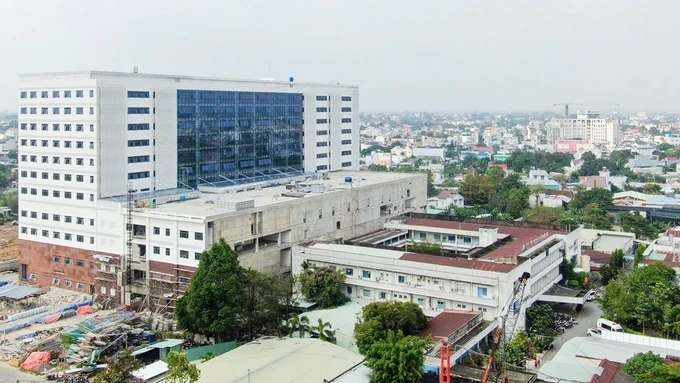









![[Photo] Prime Minister Pham Minh Chinh and Brazilian President Luiz Inácio Lula da Silva attend the Vietnam-Brazil Economic Forum](https://vstatic.vietnam.vn/vietnam/resource/IMAGE/2025/3/29/f3fd11b0421949878011a8f5da318635)


















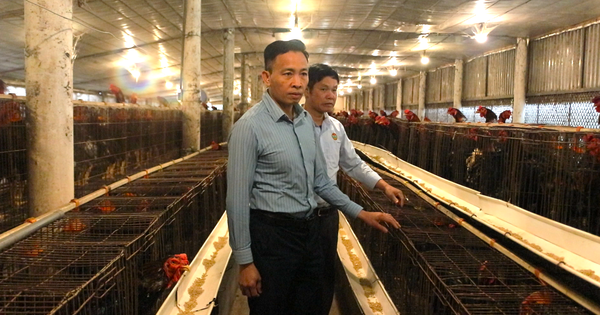

















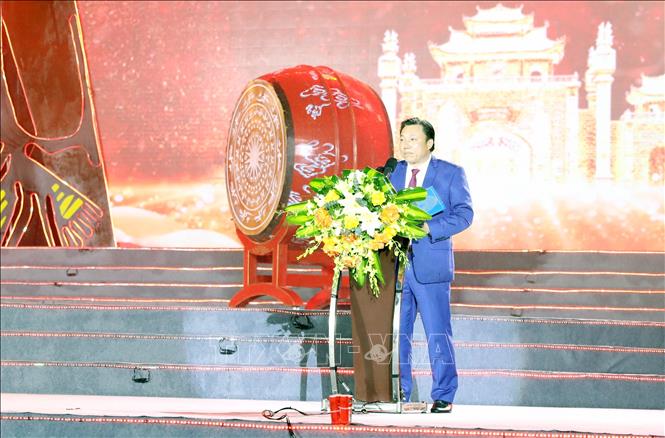
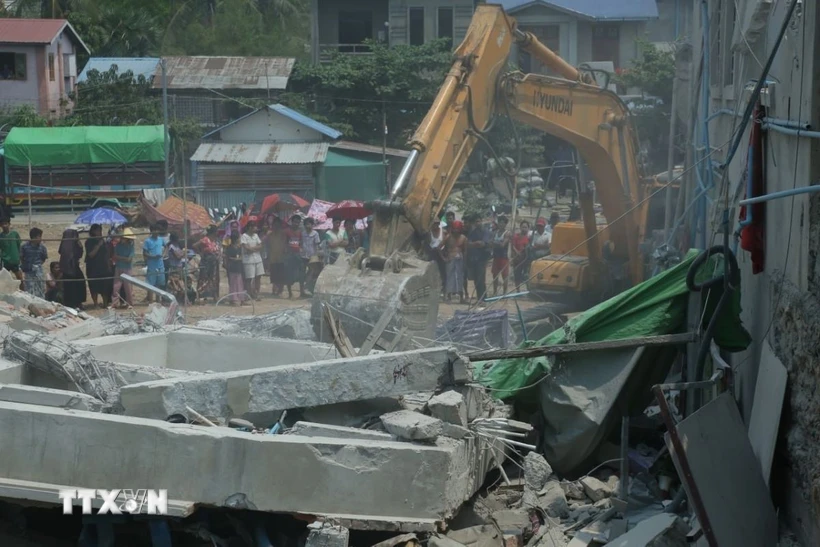



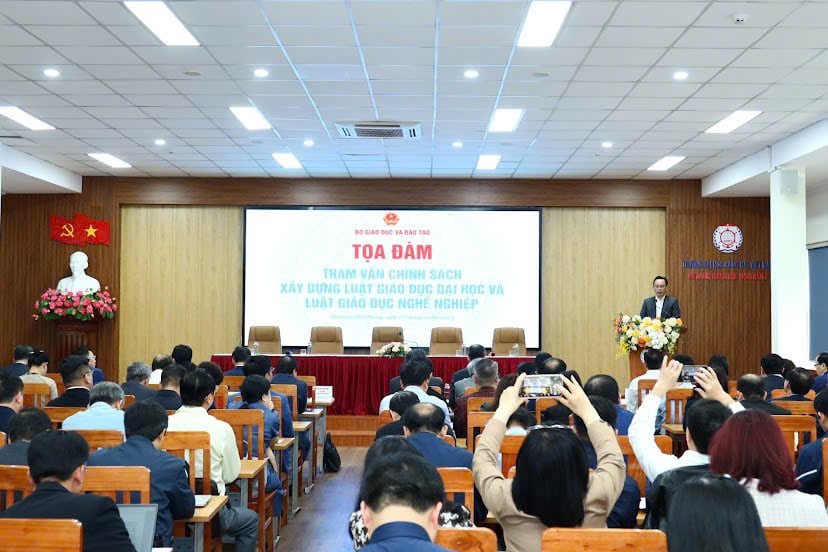




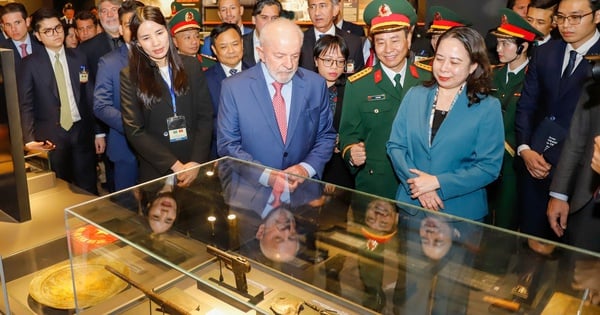




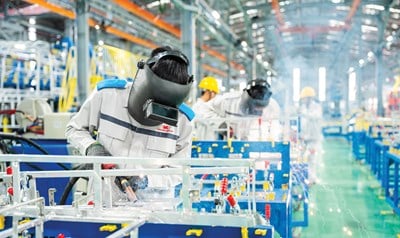






![[REVIEW OCOP] An Lanh Huong Vet Yen Cat](https://vstatic.vietnam.vn/vietnam/resource/IMAGE/2025/3/27/c25032328e9a47be9991d5be7c0cad8c)








Comment (0)